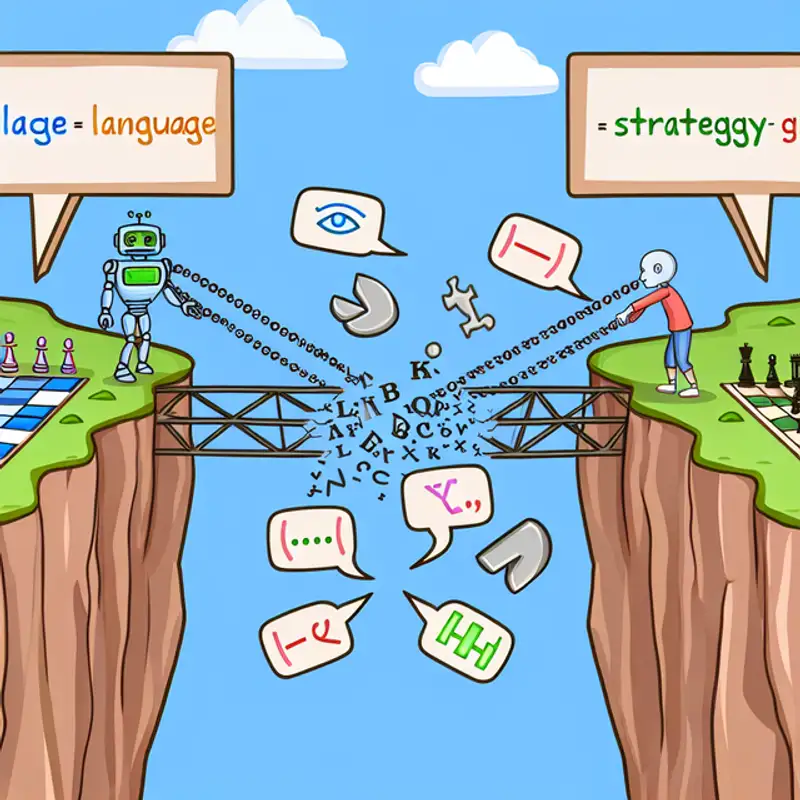 Episode
Episode
· 02:05
The article from The New Yorker discusses the evolving capabilities of artificial intelligence, particularly large language models (LLMs) like ChatGPT, in their ability to plan and perform complex tasks. Initially, LLMs were praised for mixing and matching text, but GPT-4's improved capabilities led to the realization that it can internalize rules, such as those in chess, and perform relatively well (achieving an Elo rating around 1000). However, these advanced AIs still struggle with basic planning tasks, revealing a fundamental limitation: they cannot simulate future scenarios as humans do. Examples highlight how GPT-4 fails in simple mathematical problems and complex tasks like composing poems or solving puzzles that require foresight. The article posits that true intelligence might emerge from combining LLMs with stronger planning capabilities, suggesting the potential for a new form of AI, exemplified by the research team that created Cicero, an AI that effectively plays the strategy game Diplomacy by integrating language understanding with planning skills. This raises questions about the future direction of AI development, moving beyond simply enhancing LLMs.
Key Points:
Listen to jawbreaker.io using one of many popular podcasting apps or directories.